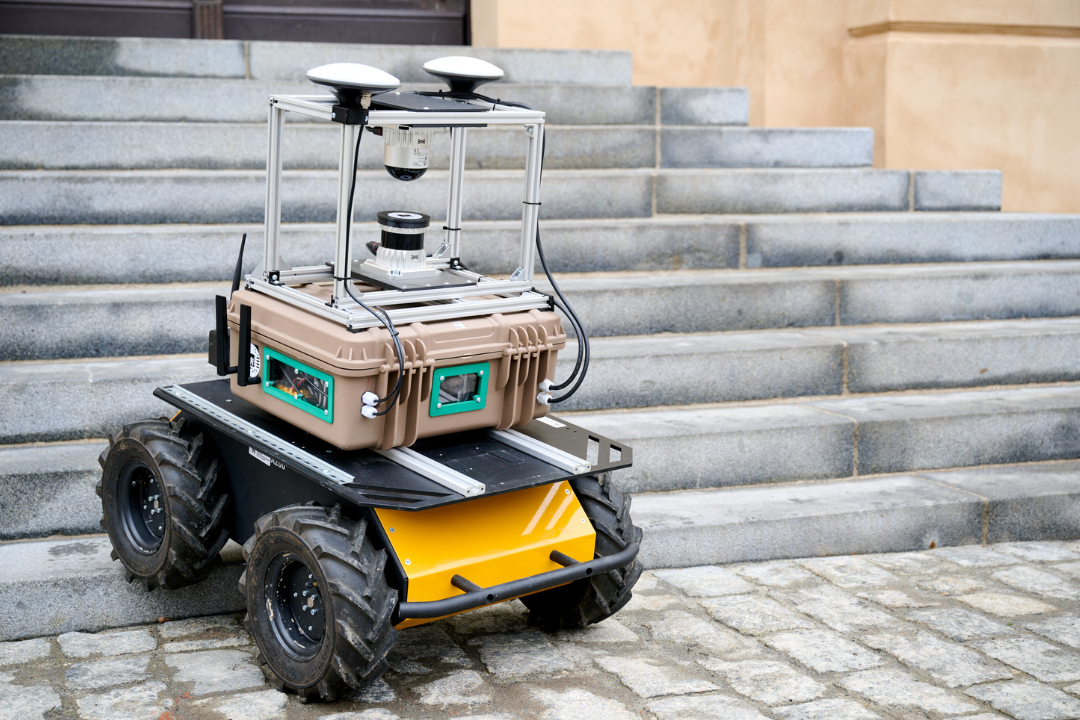
COST GameTable project aims to create an international and interdisciplinary network of scholars and stakeholders from all career stages across academia, industry, and heritage institutions to inspire methodologies and applications on how to use game AI to study, reconstruct, and preserve the intangible cultural heritage of games.

Horizon Europe project for fair AI algorithms supported by the EU with 3,8 million Euros. Imperial College London, the Israeli Institute of Technology Technion and the National and Capodistrian University of Athens as well as partners from the industry collaborate on developing explainable and transparent algorithms.

Multi-goal task planning has been an optimization question in Operation Research and Logistics for a long time. We are now working on novel advances for high-speed solving these discrete planning problems. With fast single-source shortest path search, the map is condensed into a graph of customer orders.

Polynomial optimization is an exciting area of research in optimization, just at the boundary between what is undecidable and what is efficiently solvable. Sustained progress in the field over the past two decades has enabled new applications within many areas of engineering. One novel application arises in structural engineering.

Autonomous mobile robots can carry out tasks in environments that are unsafe or otherwise unsuitable for humans. The robots' missions in such environments range from remote facilities inspections to searching for survivors in the collapsed buildings or caves. Our models were also deployed on a tracked robot during the DARPA Subterranean Challenge.























